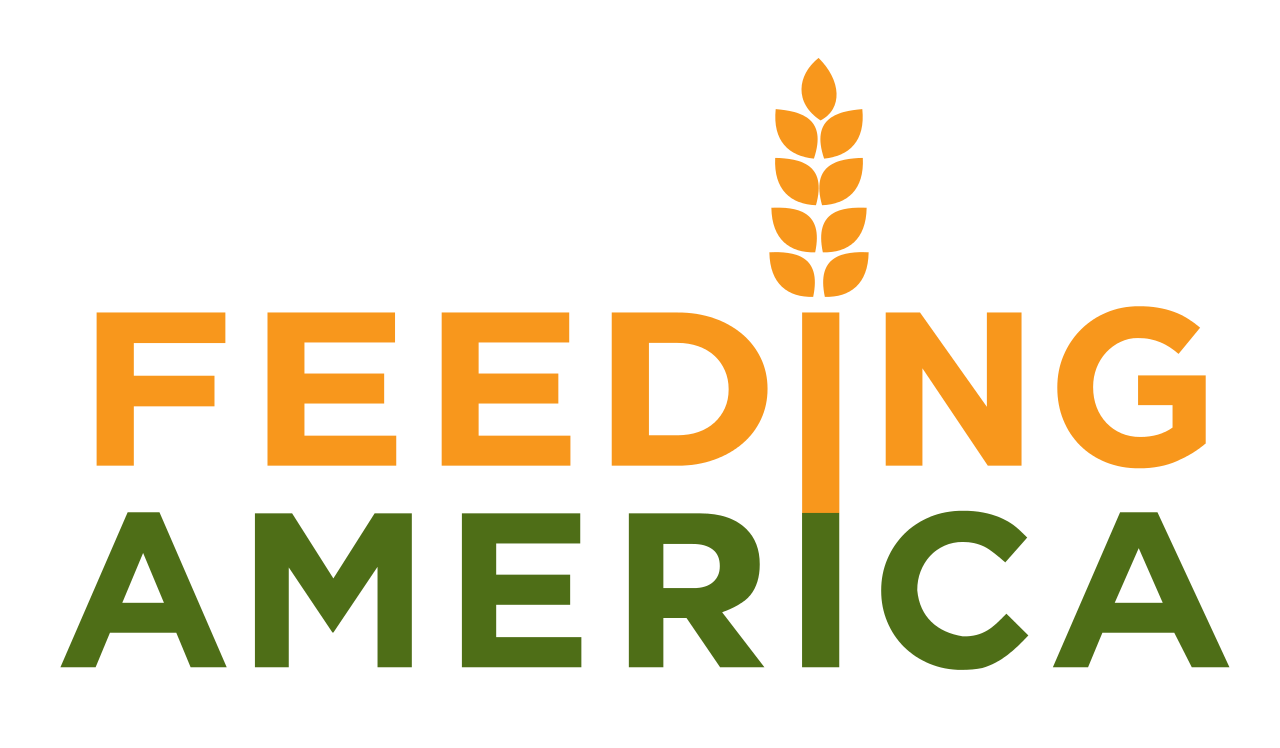The trucking industry has always been a place where generosity and empathy are evident. From drivers helping on the roadside to carriers providing supplies for neighborhoods, the spirit of the trucking community is one that is not recognized enough.
The Women In Trucking Association is teaming up with Feeding America to help address hunger in America. Whether you are based in the United States or deliver within its borders, you can help us feed needy families.
According to Feeding America, more food reaches landfills and incinerators than any single material in municipal solid waste. Up to forty percent of all food grown, processed, and transported in the United States will never be consumed.

Every community in America is affected by hunger. Over 48 million Americans live in “food insecure” households, which includes more than 15 million children. The Feeding America website states that 72 percent of all Feeding America client households live at or below 100 percent of the federal poverty line, and the annual household income in 2014 was $9,175.
Feeding America has a network of over 200 food banks that provide more than 3.6 billion meals through food pantries, shelters, and meal programs. Currently, they have the logistical expertise and strategic relationships to rescue food before it’s lost and get it to people in need, but they need your help.
How can you become part of the solution? If you have ever had a load of produce rejected and you weren’t sure what to do with the product, you can help feed families. If you find yourself at a delivery with food or household supplies that were the result of a shipping error, you can help the visitors to a community food bank.
Also Read: Trucking Moves America Forward
Your load might be rejected for a variety of reasons. Perhaps the boxes or packaging have been damaged and the customer rejects them for cosmetic reasons. Maybe your refrigerated unit failed en route and your shipment reached a temperature that was unacceptable to the shipper but safe for final consumption. If your load was damaged or the cases included slightly outdated inventory or have not met the quality standards of the vendor, such as slightly over-salted or mislabeled UPC codes it could still be acceptable for consumption.
What should you do?
First, determine that you have the authority to donate the product. Check with your shipper or broker contract. You should also check with your insurance provider to help you through the decision-making process. You might need a second opinion, and the buyer may need to secure an inspection to support its claim that the product doesn’t meet the contract terms.
Once you have determined that the load can be donated, call a local Feeding America member food bank. You can find the contact information on their website at www.feedingamerica.org and click on “Find a Food Bank” at the tab on the top of the website page. If you don’t have access to the internet, call the national office at 800.771.2303.
You can also download an app called Food Cowboy, which gives you access to a service that connects donors to charities and assists with the tax benefit process.
Feeding America accepts good, safe, surplus food that is still nutritious, but has been rejected for reasons unrelated to the edible use of the product. Although the organization focuses on food donations, they also accept items that can offset financial burdens for those they serve, such as bath and beauty products, paper goods, toys, and clothing.
While the food banks are pleased to accept the product at their locations, they are often willing and able to meet you at a truck stop or shipping dock if their warehouse is out of your way or if the donation is not a truckload.
Women In Trucking Association is leading the effort to help stop hunger in America by making the effort to turn rejected freight into meals for hungry families. Those you help could be your neighbor, your friend, or even your own family members.